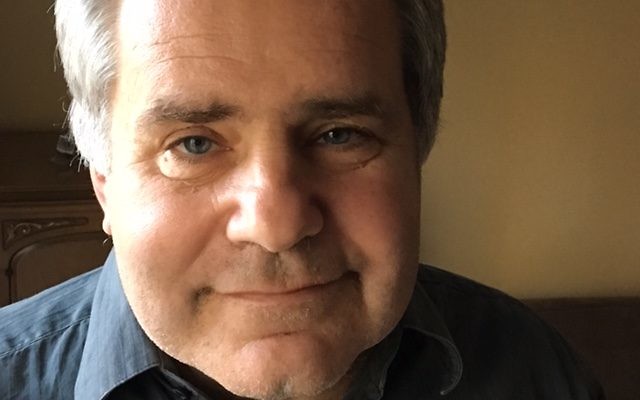Thoughts on Anti-Semitism and the Attack in Pittsburgh
Rabbi Richard Baroff, president of Guardians of the Torah, reflects on anti-Semitism's rise in response to the increased toxicity of the politics of a nation.
The term anti-Semitism was first used by an anti-Jewish pamphleteer named Wilhelm Marr in 1879.
His pamphlet was called Der Weg zum Siege des Germanenthums über das Judenthum/The Way to Victory of Germanism over Jewry. In it, Marr saw the struggle between the Germans and the Jews as a battle between two races, not two religions. Previously, and for many centuries during the Middle Ages, both under Christian and Muslim dominion, persecution of Jews was religious in nature. Oppression of Jews of course preceded medieval times. In the ancient world, the Egyptians, Assyrians, Babylonians, Greeks, Romans, among others, persecuted the Israelites/Jews over a thousand years.
Hatred of Jews remained a force in European politics during the Renaissance and Reformation, and during the Wars of Religion between Catholics and Protestants. Prejudice against Jews crossed the Atlantic and became part of the culture of the New World, though, for the most part, without the virulence of the Old World.
Marr helped to put Jew hatred on a false intellectual foundation – one based on pseudoscience. His call to destroy the Jewish community of Germany did sadly help set the stage for the Holocaust. Late in life, Marr repudiated his anti-Semitic writings, but it was too late. The poison had entered the bloodstream of German life. There were already other sources of similar poison from Christian forms of anti-Semitism.
During the same period as Marr, a different type of hostility towards Jews developed in Czarist Russia. The first wave of pogroms was suffered by the Jewish community in Eastern Europe in 1881 after the assassination of Czar Alexander II. Another wave commenced with the Kishinev pogrom of 1903.
There were other forms of oppression as well, practiced by the Russian authorities.
In France, the Dreyfus Affair split French society in the 1890s. Captain Alfred Dreyfus was falsely accused of espionage by the military. Even when it became obvious that Dreyfus was innocent, the government would not relent. The ugliness of the eruption of hatred towards Jews even in enlightened France convinced the young journalist Theodor Herzl of the necessity of a Jewish homeland. Political Zionism was born.
The American experience for Jews has been much better. There has always been those who dislike Jews, but never had there been widespread violence here.
Although there was only one gunman in the synagogue shooting, the violence targeting Jews was unprecedented in the history of the United States. The murder spree at Tree of Life synagogue will always stand as a tragic landmark in American Jewish history.
There is no doubt that anti-Semitism rises in response to the increased toxicity of the politics of a nation. This dynamic was evident in the Germany, Russia and France of the late 19th and early 20th centuries. Hopefully, the United States can work its way out of the severe cultural and political polarization that currently defines American life. The current climate of mutual recrimination fosters various pathological responses, including virulent anti-Semitism.
In a country of hundreds of millions of people, there will always be a few who will lash out with great violence. Therefore, the American Jewish community must remain vigilant.
We should all ask the Holy One for guidance as we navigate this new and unwelcome terrain. After the events of Oct. 27, 2018, in Squirrel Hill, Pittsburgh, we, American Jews, will never be the same.
As we mourn and honor those who have been murdered and pray for those who have been injured, including four police officers, we join with people of good will within our country and around the world.
Together we can build a better future.
אם תרצו אין זו אגדה
Im tirtzu ein zo aggadah
If you will it, it is not a dream.
– Theodor Herzl
Rabbi Richard Baroff is president of Guardians of the Torah.




comments